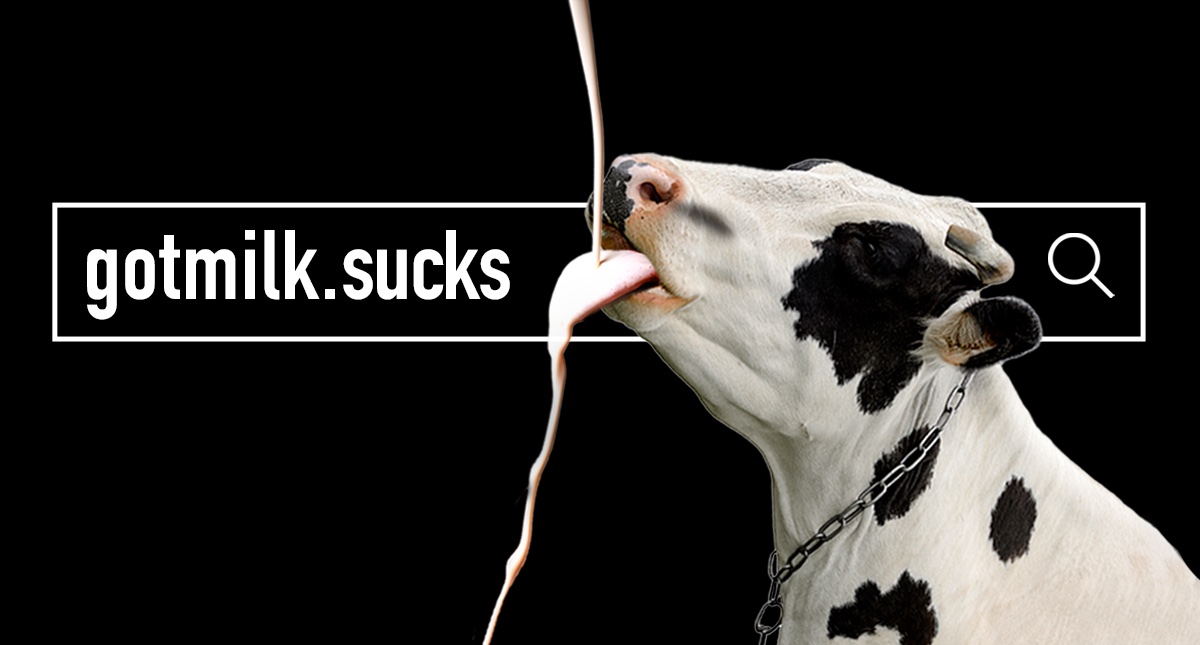Whether you are a fan of selfie culture or not, it’s undeniable that social media and its influencers are changing the face of marketing at a dizzying pace. From YouTubers to Instagram stars, these influencers can be the difference between fading into obscurity and having your product go viral. Just check out the latest fidget spinner craze, and the “cewebrities” that promoted them, to see just how effective influencer marketing can be.
With over 700 million users, Instagram continues to grow as a social media hub. It’s no wonder brands are increasingly looking to make a splash on this photo-focused social sphere. For both marketers and consumers, it’s important to understand the social influencer landscape. Influencer marketing can be incredibly problematic, with celebrities virtually promoting products, services or events that they haven’t necessarily vetted. It can also be far more insipid than other conventional marketing tactics. How can you tell when an Instagram star is genuinely promoting a product versus when they’ve secretly been paid handsome sums to give a positive review to their 100k+ followers?
If this grey area of advertising is unfamiliar new terrain to you or your business, here’s a quick crash-course in the world of influencer marketing:
Sponsored Promotions
Quietly Instagram Embed
An influencer that uses, wears or otherwise supports your product immediately puts millions of eyes on your brand, logo and service. Take Kayla Itsines, for example, who runs a fitness and lifestyle Instagram account for an audience of 7 million and counting. Her followers look up to her for fitness advice, and she is even the co-creator of her own fitness program. So when she is seen promoting Style Runner apparel or Reebok footwear, people listen.
Perhaps the most infamous influencers that use these tactics are the Kardashians, who recently faced legal issues when a non-profit, Truth in Advertising, called out the Instagram-stars’ routine posting of sponsored posts that did not adequately disclose their relationship to the brands. What the Kardashians posited as “authentic” promotions of certain products were actually deceptive marketing campaigns.
Why this works: Followers often feel they have a close relationship with the influencers they follow. They often feel like they know the influencers personally and trust them when they recommend a product. This is especially harmful when the influencers are young kids or teens who may have a hard time detecting deceptive marketing tactics.
Think influencer marketing is a trend that should’ve ended, uh, yesterday? Make your case against sneaky product placement with a domain like InsincereBranding.Sucks.
Influencer-Branded Products
Quietly Instagram Embed
Brands like Sephora partner with Instagram influencers and bloggers like makeup artist Huda Kattan to promote their products. She’s even developed her own makeup line, Huda Beauty Collection, which has become a top-selling product worldwide. Her “selfies” represent more than just a pretty face, they are a showcase of Sephora makeup that many of her 20.6 million followers want to emulate.
Why this works: Influencers market themselves as their brand. Many followers feel a sense of “brand loyalty” to their social influencer of choice and show their support with their wallets, whether it’s a monthly Patreon payment or spending money on the products they represent.
Find Instagram influencers exhausting? A .SUCKS domain like YourFilteredLife.Sucks can help you get your message out there.
Brand Storytelling
Quietly Instagram Embed
Playstation knows how to use influencer marketing to tell the story of the kind of gaming company they want to be: community-focused and connected to the latest trends and personalities. Playstation tells this story by sending big name YouTubers like PewDiePie (aka Felix Kjellberg) limited edition hardware or making sure top PlayStation influencers like Greg Miller (formerly of IGN, now CEO of Kinda Funny) have the latest and greatest tech.
Why this works: PlayStation hones in on the importance of community in the gaming world. By interacting with influencers, they are letting the gaming community know that they are paying attention to what (and who) speaks to them and are supporting those people by sending them games and consoles, even when good press or promotion isn’t guaranteed. It builds the narrative of being “one of the group” instead of just a brand.
The Takeaway
Social media influencers on Instagram and beyond can help get eyes on a product, but this may not be the most genuine way to engage with consumers. If you’re using influencer marketing, make sure you’re being upfront about whether promotions are sponsored or organic. Social influencers can work to a company’s benefit, so long as they honestly engage with (rather than trick) their target audience. As consumers, be sure to question the next Instagram promo you see—there may just be a hefty fee behind that high praise.
Do you have a thing or two to say about online marketing and influencer culture? Start the conversation with a custom .SUCKS domain.
Photo: Shutterstock / GaudiLab










